Showing 85–96 of 334 results
-
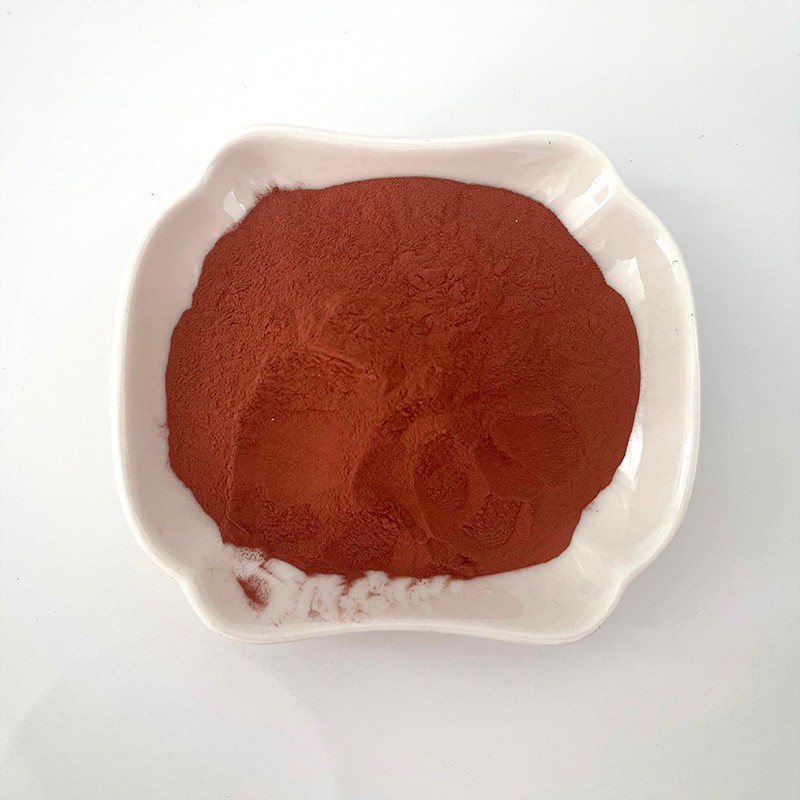
- High Purity: Superior-grade material ensuring reliable performance.
- Photocatalytic Efficiency: Excellent for light-driven chemical reactions.
- Thermal and Electrical Conductivity: Supports applications in energy and electronics.
- Environmentally Friendly: Non-toxic and sustainable material.
- Customizable Specifications: Tailored particle sizes and packaging to meet diverse needs.
-
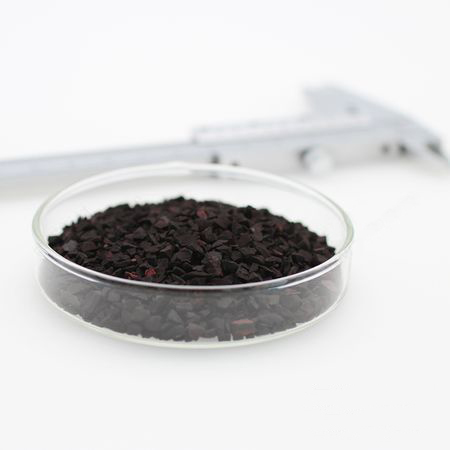
- High purity (≥99.9% or ≥99.99%).
- Exceptional chemical and thermal stability.
- Uniform pellet size for consistent performance.
- Customizable specifications to meet application requirements.
-
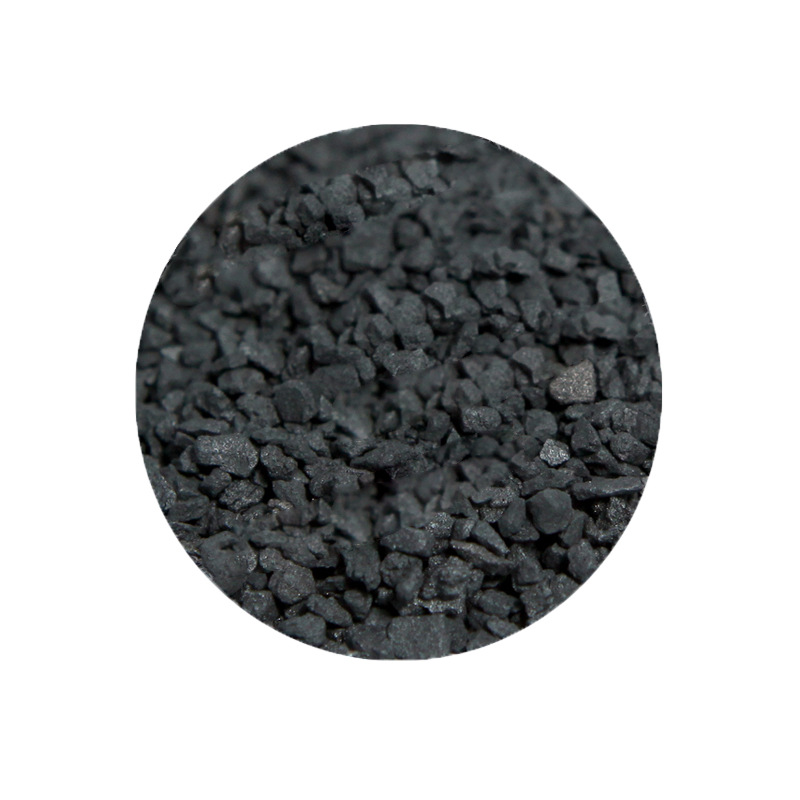
- High Optical Absorption: Cu2S exhibits strong absorption in the visible and near-infrared regions, making it effective for light-harvesting devices like solar cells.
- Good Semiconductor Properties: Copper(I) Sulfide has favorable electrical properties that make it a valuable material for semiconductors and related electronic devices.
- Thermal Stability: The material maintains stability at high evaporation temperatures, ensuring high-quality thin films in evaporation processes.
- High Purity: Available in high purity, ensuring minimal contamination and consistent thin film deposition for sensitive applications.
-
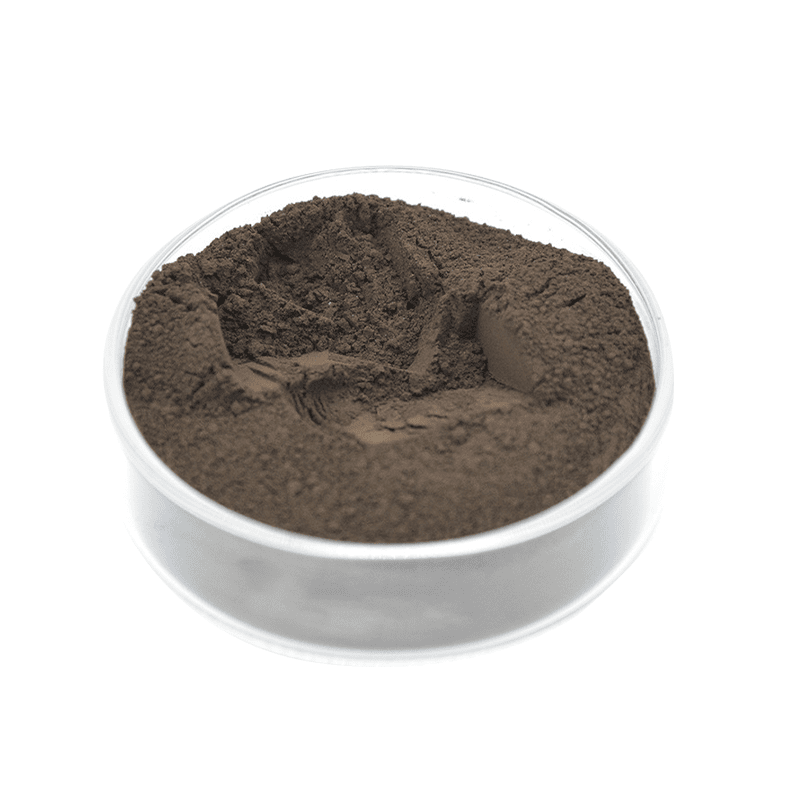
- High Purity: Ensures reliable performance in sensitive applications.
- Semiconducting Properties: Ideal for photovoltaic and electronic devices.
- Thermal Stability: Maintains properties at elevated temperatures.
- Customizable Particle Sizes: Nano and micron-sized powders for specific needs.
- Eco-friendly: Suitable for green energy applications.
- Wide Application Range: Useful in electronics, catalysis, and sensors.
-
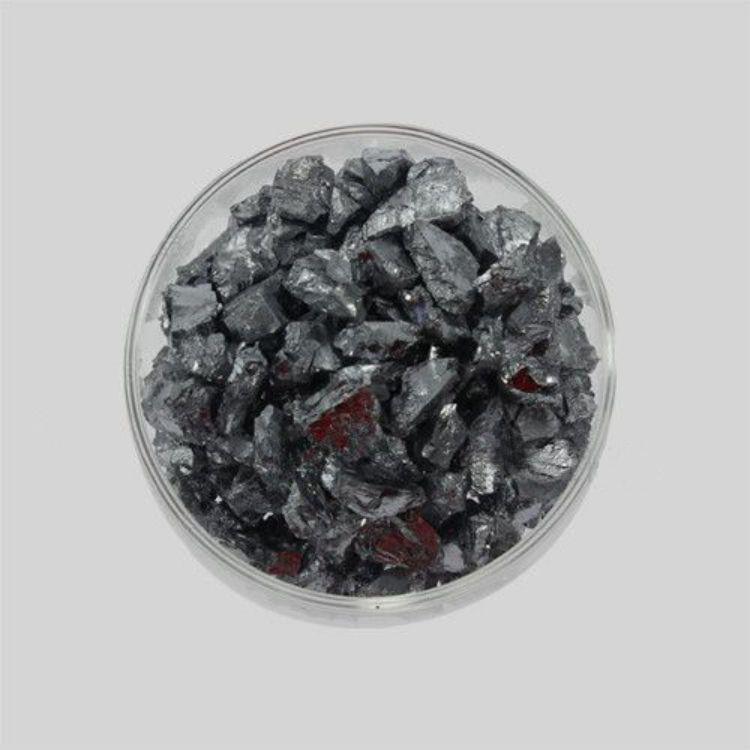
- High purity (≥99.99%).
- Outstanding thermoelectric and electrical properties.
- Stable crystalline structure.
- Uniform pellet size for consistent deposition outcomes.
- Tailored sizes and shapes available to meet application requirements.
-
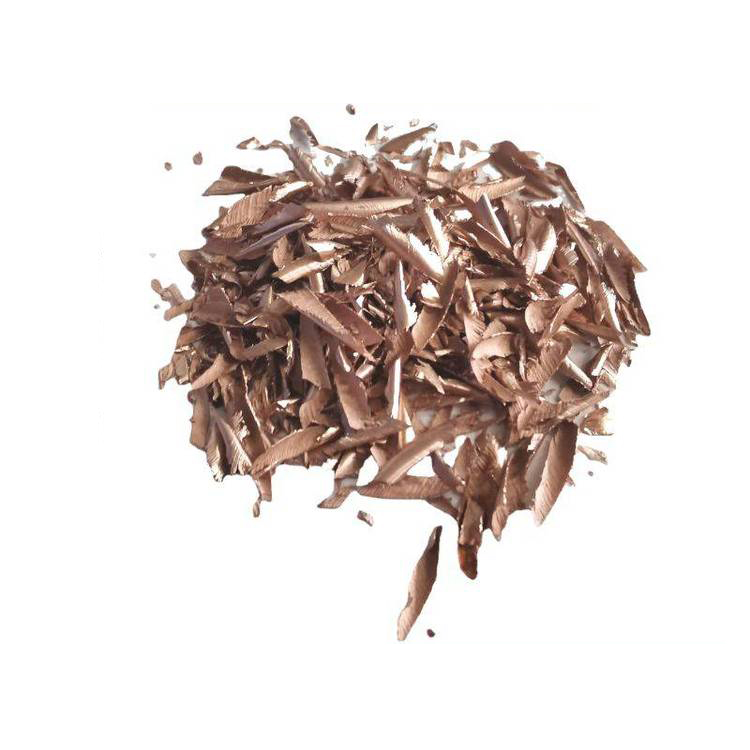
- Superior Electrical Conductivity: Ensures efficient current flow in electrical applications.
- High Thermal Stability: Performs reliably under extreme temperatures.
- Excellent Wear Resistance: Durable material ideal for high-stress environments.
- Customizable Compositions: Flexible Cu-Cr ratios to meet specific requirements.
- Versatile Particle Sizes: Available in nano and micrometer scales for diverse applications.
-
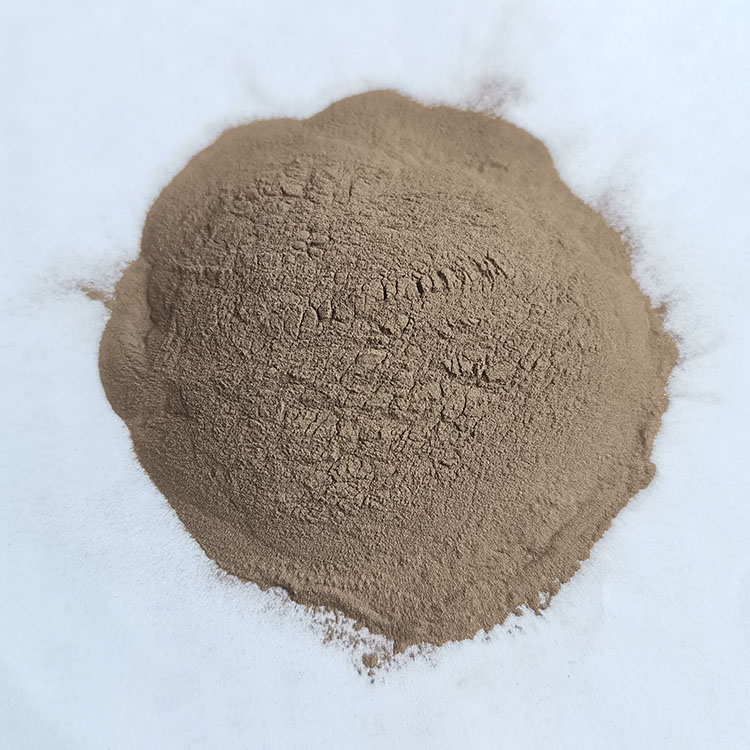
- High Electrical Conductivity: Retains copper’s excellent conductive properties.
- Mechanical Strength: Enhanced by the inclusion of iron, making it suitable for robust applications.
- Customizable Composition: Various Cu-Fe ratios tailored to specific industrial needs.
- Corrosion Resistance: Provides protection against oxidation and wear.
- Uniform Particle Size: Ensures consistency in manufacturing processes.
-
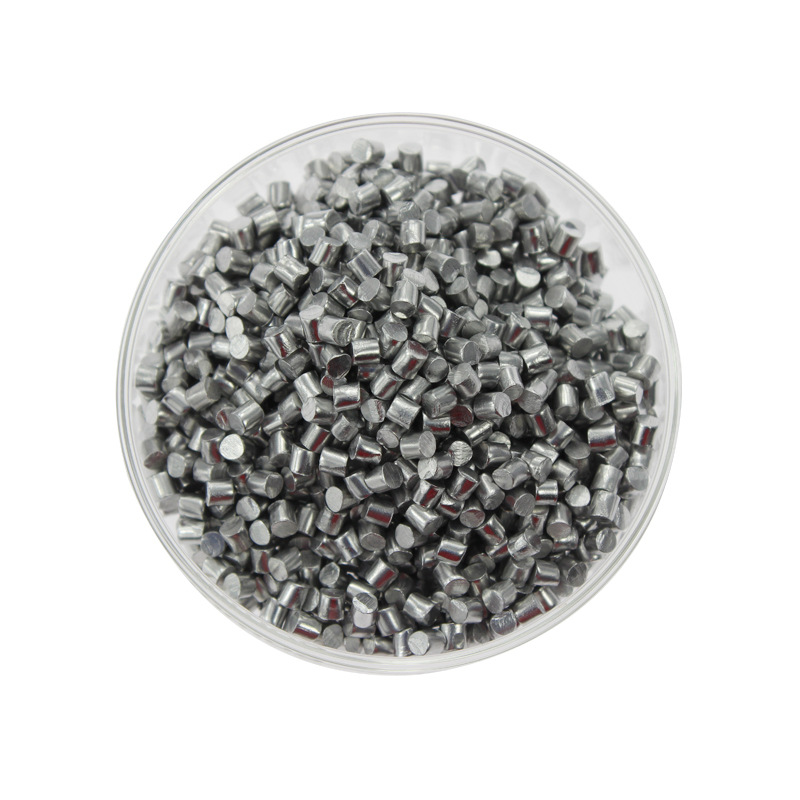
- High Conductivity: Excellent electrical properties ideal for semiconductor applications.
- Thermal Stability: Maintains performance in high-temperature environments.
- Compatibility: Works well with various deposition techniques, including thermal evaporation and sputtering.
- Customizable Composition: Can be tailored with different copper to indium ratios to meet specific application needs.
-
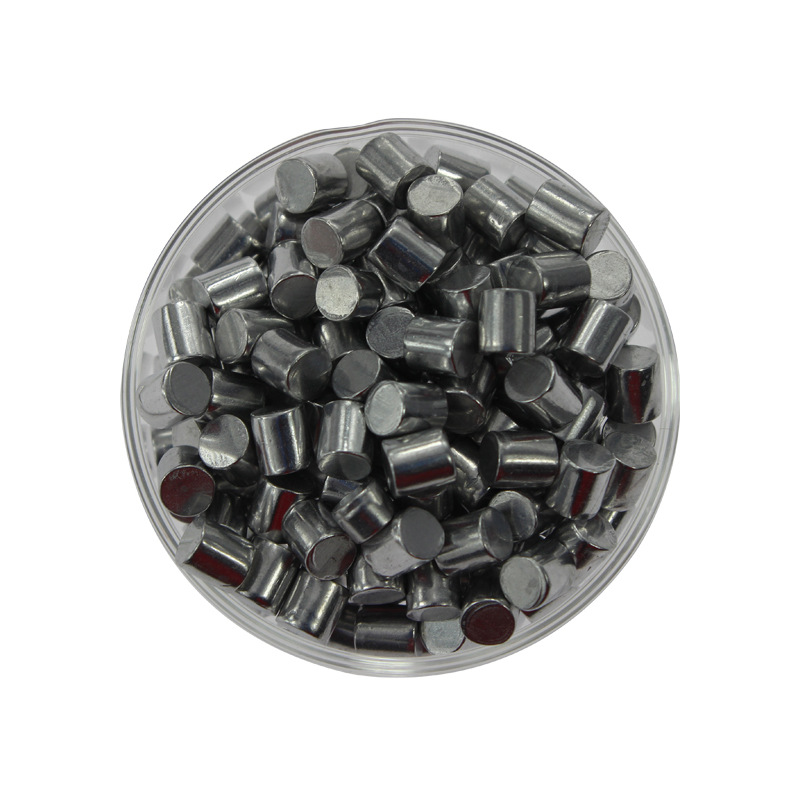
- High Efficiency: Offers excellent conversion efficiency in solar cells, making it a preferred choice in renewable energy applications.
- Versatile Composition: The ability to adjust the ratio of copper, indium, and gallium allows for customization of electronic properties.
- Good Thermal Stability: Maintains performance over a wide temperature range.
-
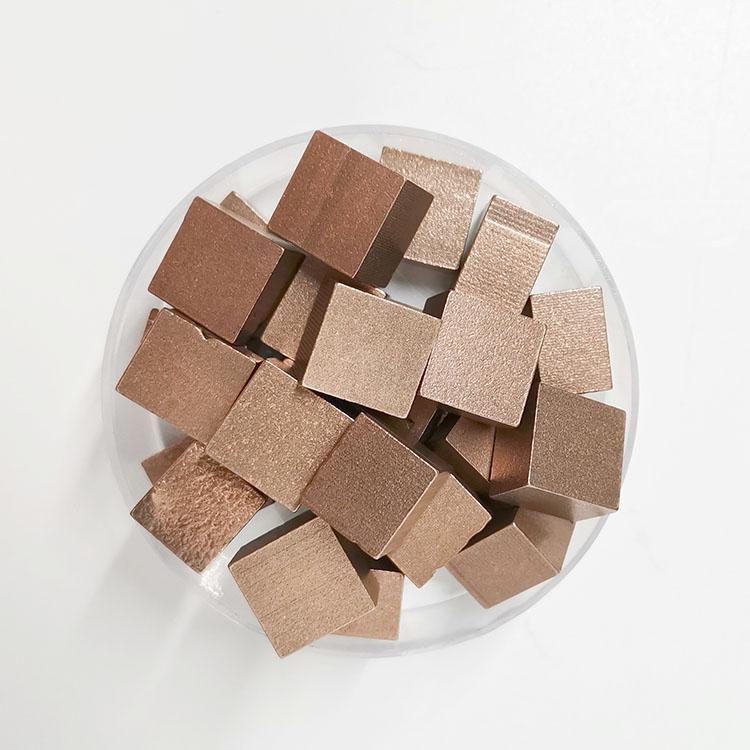
- Exceptional Electrical Conductivity: Delivers efficient current flow for electrical systems.
- High Thermal Stability: Operates reliably under extreme temperature conditions.
- Excellent Mechanical Strength: Provides durability in demanding environments.
- Customizable Cu-Nb Ratios: Tailored compositions for specific applications.
- Diverse Particle Sizes: Available in nano to micrometer scales for various needs.
-
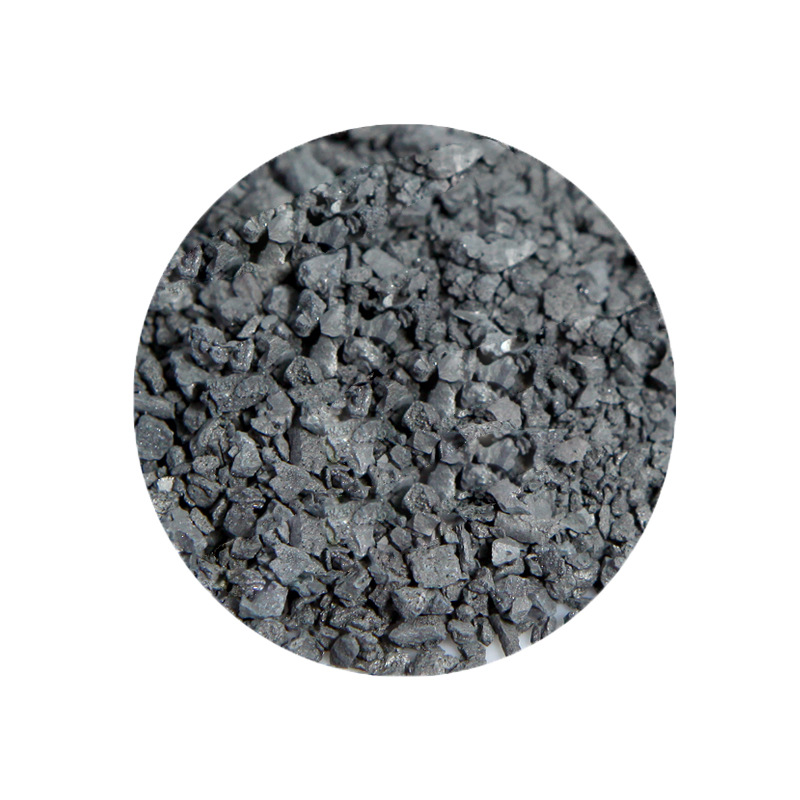
- Semiconducting Properties: CuO is a p-type semiconductor, making it valuable for use in electronic devices.
- High Absorptivity: CuO has excellent light absorption properties, which is beneficial for solar energy applications.
- Chemical Stability: CuO coatings are chemically stable and can withstand environmental exposure, enhancing the durability of the films.
- Good Adhesion: CuO thin films demonstrate strong adhesion to various substrates, including glass, silicon, and metals.
- Easy Processing: CuO can be easily deposited using standard PVD techniques like thermal evaporation or electron-beam evaporation.
-
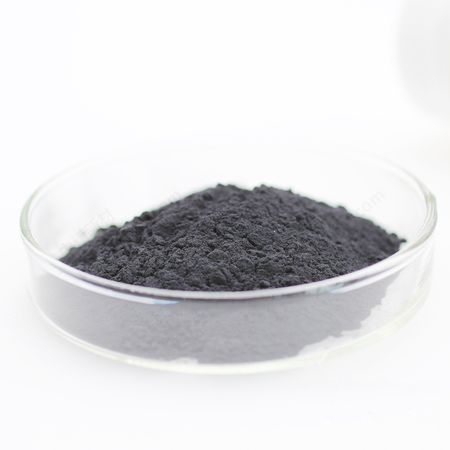
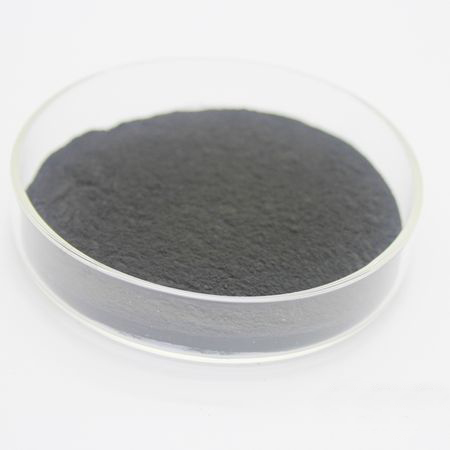
- High Purity: Superior chemical composition ensuring optimal performance in applications.
- Excellent Conductivity: High thermal and electrical conductivity for advanced applications.
- Catalytic Efficiency: Highly effective as a catalyst in chemical reactions.
- Thermal Stability: Exceptional resistance to high temperatures.
- Versatility: Suitable for a wide range of applications in energy, electronics, and chemical industries.













